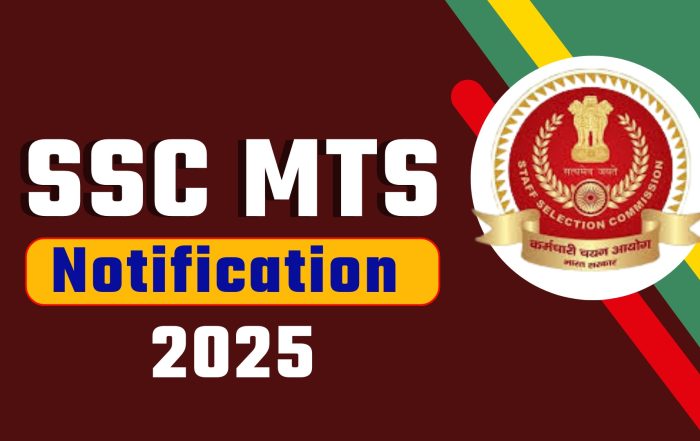RECENT POSTS
SSC CHSL 2025 Notification Released: 3,131 Vacancies, Apply Online by July 18
The Staff Selection Commission (SSC) has released the official notification for the Combined Higher Secondary Level (CHSL) Examination 2025, announcing 3,131 vacancies across various Group C posts. The notification was published on June 23, 2025, [...]
Who Will Choose the Next Dalai Lama? China, the Golden Urn, and the Battle for Tibet’s Spiritual Future
The future of Tibetan spiritual leadership is under global scrutiny, centered around a centuries-old ritual: the Golden Urn method. At the heart of this debate is the succession of the 14th Dalai Lama, Tenzin Gyatso, [...]
UPSC Recruitment 2025: Apply Online for Central Government Vacancies at upsconline.gov.in
The Union Public Service Commission (UPSC) has officially announced the launch of its recruitment drive for 2025, inviting applications for multiple high-profile central government vacancies. The posts include Regional Director, Scientific Officer, Legal Officer, Administrative [...]
India and US Near Interim Trade Deal to Avert Tariffs Amid Strengthening Bilateral Ties
India is poised to finalize an interim trade agreement with the United States as early as this week, aiming to prevent steep tariffs announced by former President Donald Trump. According to sources familiar with the [...]
Rajasthan High Court Recruitment 2025: 5,728 Grade IV (Peon & Driver) Vacancies Announced
The Rajasthan High Court has released a massive recruitment notification for Grade IV posts, offering a golden chance for aspirants looking for government jobs in Rajasthan. A total of 5,728 vacancies are available, including 5,670 [...]
Telangana Chemical Factory Blast: 12 Dead, Dozens Injured in Sangareddy District Explosion
A devastating explosion followed by a massive fire at a chemical factory in Telangana’s Sangareddy district has claimed 12 lives and injured over 30 others, according to Telangana Minister Damodara Raja Narasimha. Fire at Sigachi [...]
Parag Jain Appointed as New RAW Chief: Brings Decades of Intelligence Experience
In a major development, the Narendra Modi-led government has appointed Parag Jain, a 1989-batch IPS officer from the Punjab cadre, as the new Secretary of the Research and Analysis Wing (RAW). Jain will officially assume [...]
SSC GD 2025 Final Answer Key Released for 39,481 Government Vacancies – Download Now
The Staff Selection Commission (SSC) has officially released the final answer key for SSC GD Constable 2025 on June 28, 2025. Candidates who took the exam can now access the final answer key and their [...]
SSC MTS Notification 2025 Released for 11,908 Posts at ssc.gov.in – Apply Online Now
The Staff Selection Commission (SSC) has officially released the SSC MTS Notification 2025 on its new website, ssc.gov.in. This year, the recruitment drive aims to fill a total of 11,908 vacancies, including 10,210 Multi-Tasking (Non-Technical) [...]
Rath Yatra 2025: Puri Welcomes the Divine Journey of Lord Jagannath and Siblings | Dates, Route, and Key Highlights
The sacred city of Puri is all set for one of the most anticipated Hindu festivals of the year — Jagannath Rath Yatra 2025, also known as the Chariot Festival or Shree Gundicha Yatra. Celebrated [...]












